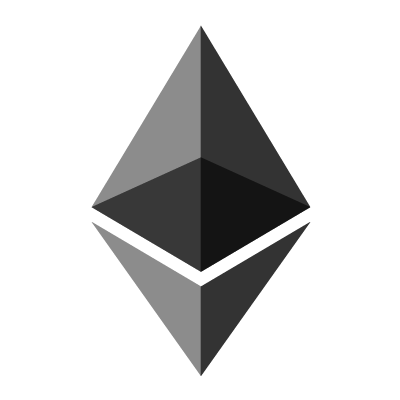Examples and explanation of distributed apps

I am looking for examples of real-world use cases for distributed apps, along with description of how they actually work. I have read the whitepaper, but none of the examples given there clicked for me, possibly because the descriptions were too high level, or that the mechanisms involved were not specified in enough detail.
For example the distributed naming system (which is compared to Namecoin). How would that work in practice? Specifically, I'm confused about a few points:
-
Who owns the smart contract? Presumeably someone has to own it in order to make changes to it if necessary, and in that case, isn't decentralization out the window? If some party can change the contract at will, I mean. This goes for most other smart contracts I can think of, too.
-
How do smart contracts get data from external sources? An example is given of a financial contract that pulls price information from some ticker service. But I read that smart contracts cannot do I/O, so how? Most useful applications I can think of would need to be able to pull data from external sources at some point.
Hope someone can help clear this.
Also as mentioned, can someone provide examples of useful real-world distributed apps? By 'real world' I mean applications that are available, or possible, right now, and do not have to do with moving ether tokens around, but solve a problem outside the Ethereum/crypto universe and so is broadly useable.
submitted by /u/johnyzee
[link] [comments]